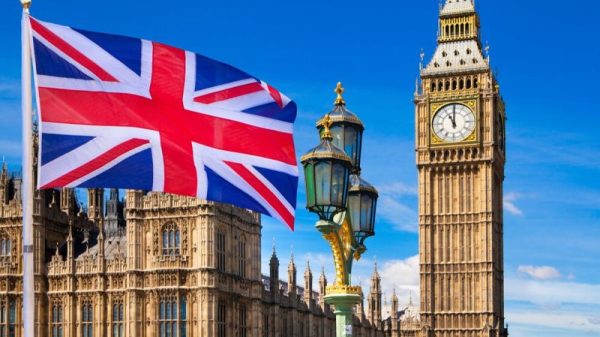Chris Edwards
The Republican reconciliation bill, the One Big Beautiful Bill Act, includes large cuts to taxes and small cuts to welfare programs. Getting less media attention are the wasteful spending hikes in the bill, for example, a $57 billion boost to farm subsidies over 10 years.
Farm-state legislators have been maneuvering to jack up agricultural subsidies for two years. Now they’ve seized their chance and jammed a treasure trove of giveaways into the GOP’s fast-track reconciliation bill—a type of bill that is supposed to be used for spending reductions.
Here is a brief summary of the proposed subsidy increases, based on analyses by EWG, farmdocdaily, and the Farm Bureau:
Increased price guarantees. The reconciliation bill would raise guaranteed prices by 10 to 21 percent for covered crops. The lion’s share of farm subsidies goes to the largest producers of corn, soybeans, wheat, cotton, peanuts, and rice. In this bill, the biggest windfalls go to the latter three crops in the Southern states. Increased acres. The bill would allow crop farmers to get subsidies for 30 million additional acres of land—a 12 percent increase. Increased aid for wealthy families. Some farm subsidy programs have payment limits, which the bill would raise from $125,000 to $155,000 per person. But there are ways around the limits, such as including many family members as business partners. EWG identified 16 rice farming businesses that have received more than $10 million each in subsidies over the years. Increased insurance subsidies. The bill increases subsidies to the 14 companies that make high profits administering farm insurance. Federal crop insurance subsidies go to billionaire farmers. Increased trade promotion subsidies. The bill would greatly boost subsidies for marketing US farm products abroad, which is ironic because the Trump administration seems intent on damaging foreign markets for US goods with its tariff wars. Increased scope of subsidies. The bill spreads subsidies far and wide to specialty crops, dairy, poultry, forestry, biofuel, rural schools, and other activities. The strategy is to buttress political support for passing the massive subsidies for corn, soybeans, wheat, cotton, peanuts, and rice.Liberal critics are right that Republican efforts to cut low-income welfare in the reconciliation bill are hypocritical since the bill boosts high-income welfare for farmers. All types of welfare create dependency on government, and all should be cut to reduce budget deficits.
The farm subsidy increases in the reconciliation bill are brazen. The GOP lavished the biggest subsidy increases on GOP parts of the country. More importantly, in a supposed spending reform bill, the GOP doesn’t just spare millionaire farmers from cuts, they aggressively expand inefficient farm giveaways by $57 billion.
























